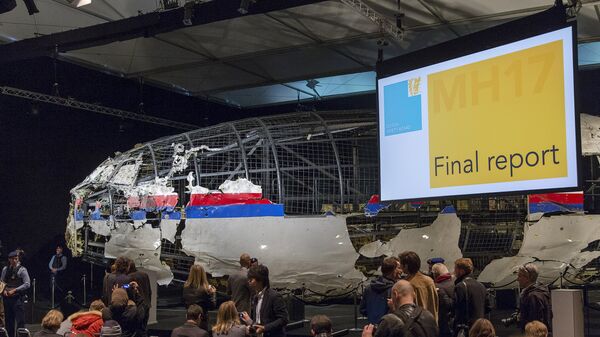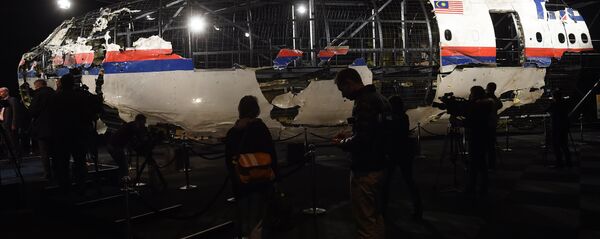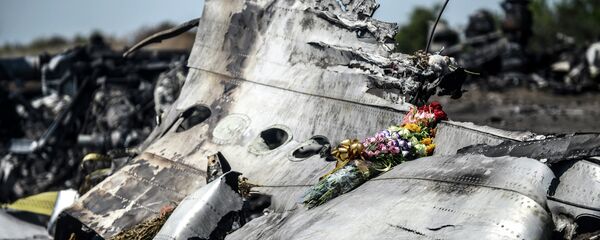Malaysian Deputy Transport Minister Datuk Abdul Aziz Kaprawi was cited by the national New Strait Times newspaper as saying that the Dutch Safety Board (DSB)’s report on the plane crash was one-sided, and rebuked allegations that Kuala Lumpur was uncooperative during the initial stage of the DSB inquiry.
Kaprawi complained that Malaysia’s Department of Civil Aviation (DCA) was not made a full member of the Dutch-led probe, while Malaysian representatives were barred from attending some of the DSB meetings, unlike other investigators.
"We were the owner of the aircraft. How can we be prevented full access?" Kaprawi was quoted as saying. "We could not view the aircraft and were not invited to attend certain meetings."
On Tuesday, the DSB announced that it would visit Kiev on Wednesday to "finalize the investigation."
The Malaysia Airlines flight MH17 crashed in eastern Ukraine while flying to Kuala Lumpur from Amsterdam. All 298 people on board, most of them Dutch citizens, died.
Almaz-Antey, the Russian arms manufacturer that builds Buk missile systems, conducted a separate probe into the crash.
Both the DSB and Almaz-Antey investigations found that the missile exploded near the left side of the aircraft. The arms manufacturer considered this fact to be proof that the missile could have only been launched from the region of Zaroshchenske, controlled by Kiev forces at the time of the incident. If the missile was fired from an area controlled by Donbas militia, the right side of the aircraft would have been damaged, the missile manufacturer noted.
Deputy Head of Russia's Federal Air Transport Agency (Rosaviatsia) Oleg Storchevoy, said after the DSB report was released that the version of events according to which the Malaysian airliner was shot down using a Buk missile system was not final.
According to Storchevoy, the Dutch-led investigation team refused to give Russia access to the Buk fragments allegedly found at the MH17 crash site or disclose their serial numbers.




